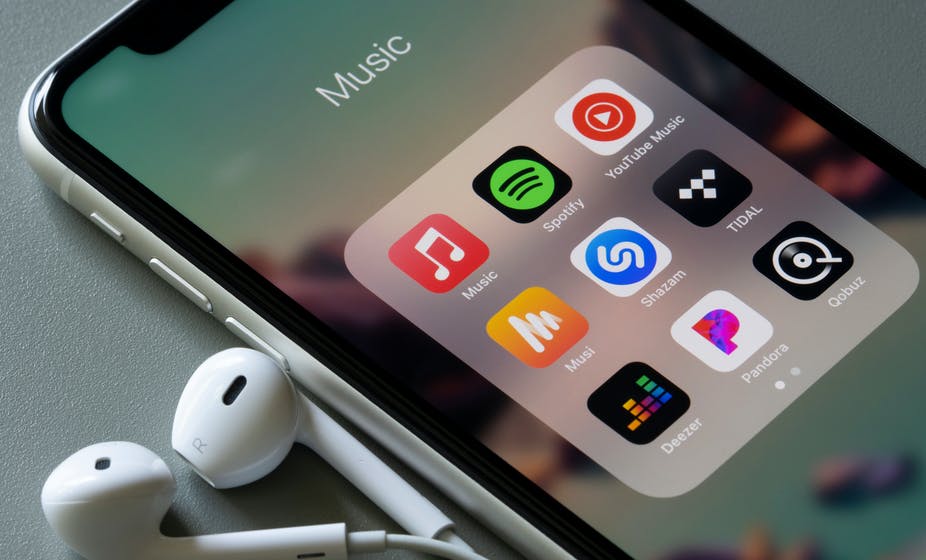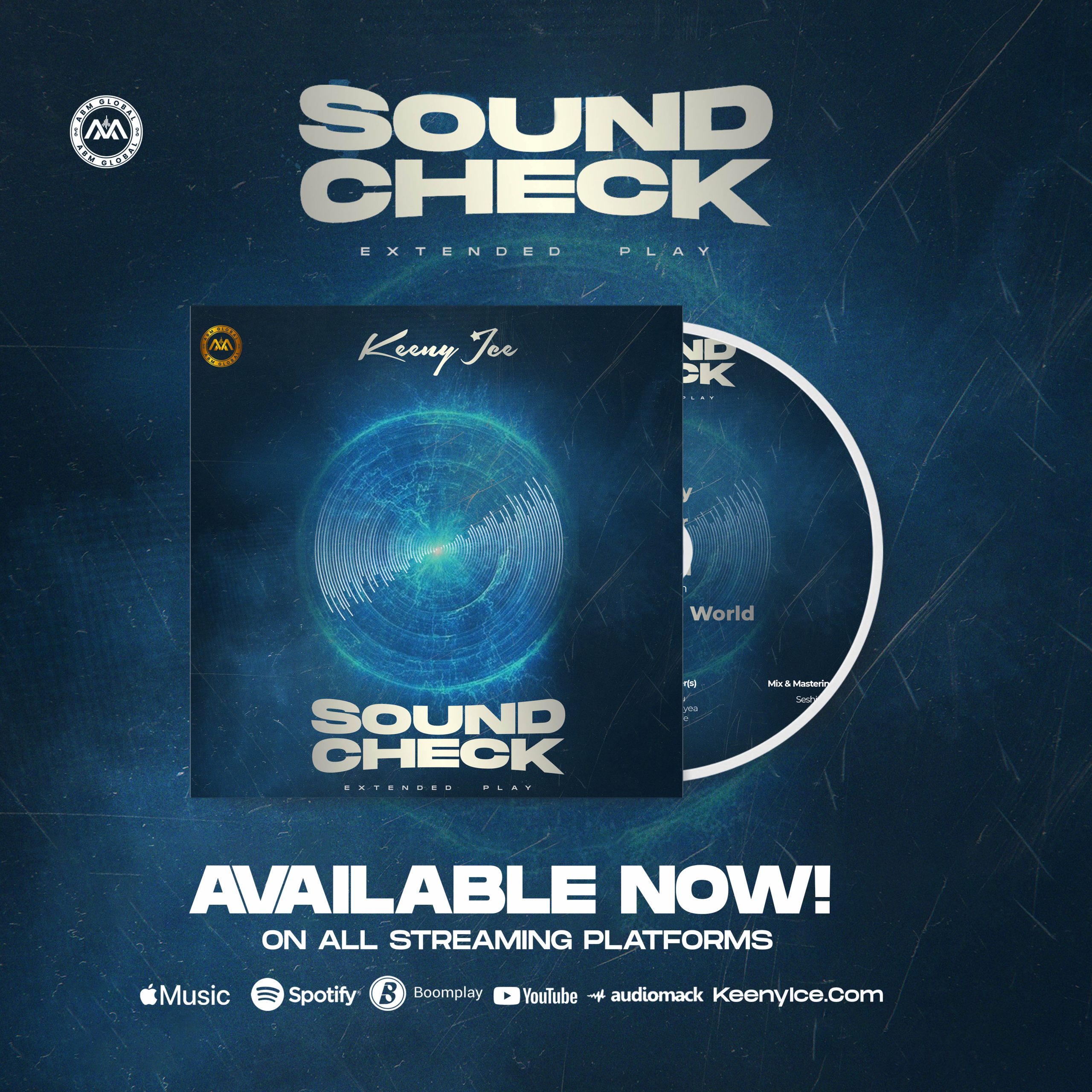The coming of the new millennium saw the music industry undergo major digital transformations. What at first seemed like the end of the industry turned into new ways of earning money and getting discovered.
The rise of Napster and similar platforms saw a dramatic slump in physical music sales, and album sales via the CD slowed. The digital download era, influenced by the coming of iTunes and the iPod, did not dominate for long either. Streaming soon became a dominant source of recorded music consumption and has remained that way for at least the past five years.
Initially, this seemed like a promising trend. The rise of popular streaming services opened the doors to many independent artists who are now able to self-release their music and share their songs with consumers. The barrier to entry has also certainly been lowered through services such as the Alternative Distribution Alliance, which is owned by Warner Music Group.
But as the CEO of a music streaming platform for independent artists, I’ve seen the same barriers that existed pre-internet often still persist online today.
What challenges do independent artists often face?
Many music creators find it difficult to have their music heard in the wider music arena, even with songs that are created under the highest standards. The prospect of being discovered, or even just noticed online, has not translated into reality for all. As a result, independent artists who don’t have the financial backing or necessary connections to be seen or heard can end up living much of their music careers in obscurity.
Proof of this can be seen simply by looking at the streaming landscape: The top 1% of artists on popular streaming websites account for 90% of streams. This means people spend most of their time listening to the same handful of artists. You might think this is because the average listener is only interested in hearing from Bruno Mars, Cardi B, Maroon 5, etc., but that’s not necessarily the case. Based on my experience in the space, major labels often have a large say in what gets heard. Their monetary power can help them promote the sounds, images and messages that dominate media (both new and traditional). So, artists that have their backing often receive a lot of media coverage and plays.
But the problem doesn’t lie only with the fact that some artists are backed by labels that have the funds to promote them. Many streaming service recommendations are based heavily on what is already being played. This means that only the music that is already being listened to gets introduced to new listeners.
So, unless musicians or their promoters are running outside ads, marketing and public relations campaigns, the platform likely won’t know about or feature their music. That’s not because they’re only interested in enriching the already-top earners on their platforms; it’s because streaming services are primarily streaming services, designed to collect payments for artists. They’re not, from my perspective, music discovery services, so ensuring visibility for unsigned artists is not their main concern. The problem is that if only artists who get heard get paid, many independent musicians are left in the cold.
How can leaders in the space help?
I’ve found many indie artists have a hard time getting discovered because it can cost a boatload of money to get discovered. To help, I encourage streaming services to strive to do a better job of leveling the playing field for artists everywhere instead of maintaining the status quo. As it stands, the major streaming companies have only changed how the music is delivered but not how it is discovered. More collaboration is needed among players in the streaming industry to work out how we can better support artists who are talented but don’t have deep pockets or major label backing to gain traction.
My experience with building a music recording and publishing platform is that there are tons of great artists, many of whom make excellent music. But, for the most part, they remain in obscurity due to lack of funding, rather than a lack of professional-quality music. Other streaming platforms should finally take a closer look at ways to make their models more inclusive and less exclusive.
Credit: Jonilar/DigishareAfrica/Forbes

